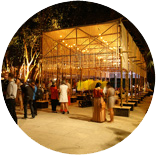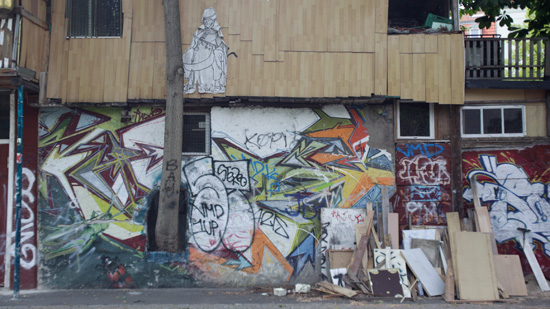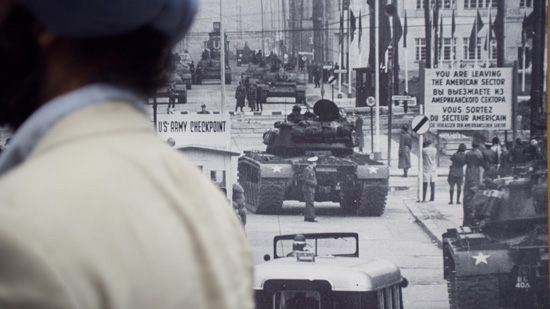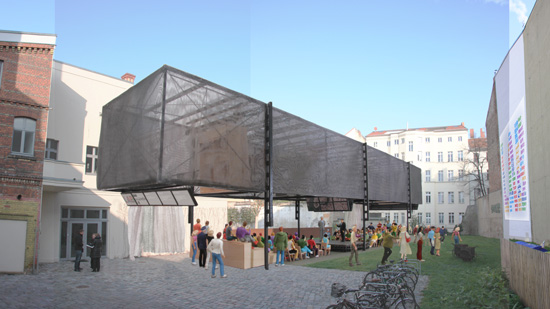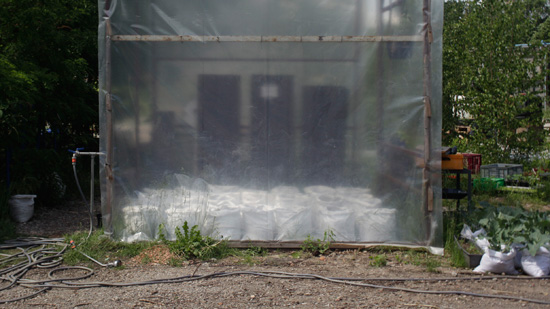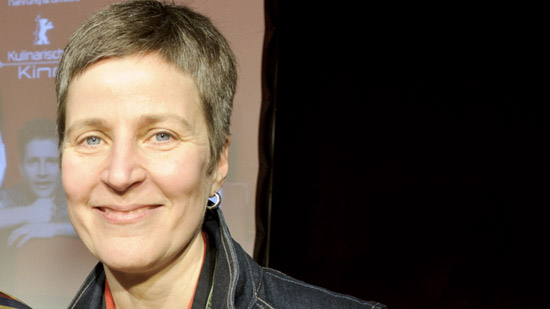Beautiful Data: Visualization, Territory, and the Future of Urban Space Schöne Daten: Visualisierung, Territorium und die Zukunft des städtischen Raums
Sunday, July 22, 2012, 12:30 pm–3:30 pm
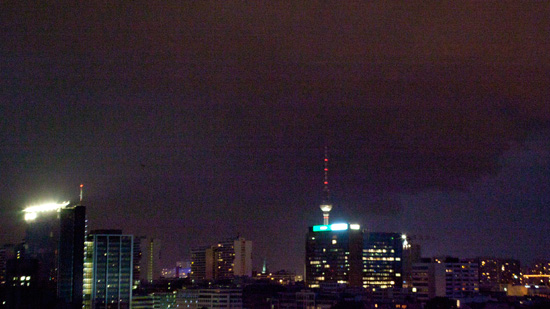
Today we purportedly live in an age of “big data.” Terms like “analytics” are used as the flagships of a future economy that will produce material for a world increasingly understood as “resource-constrained.” Accompanying this “big data” is another discourse of “beauty.” Data must be crafted, beautified, made responsive, affective, and sentimental, to be visualized and acted upon. What is at stake in making data beautiful and big? And how do aesthetics transform our concepts of territory, governance, and humanity?
Join the Poiesis Fellows as they share material gathered from work on cybernetics, environmental visualization, and smart city development in numerous locations from Asia to the Americas. Explore the infrastructures of measurement, technology, algorithms, and probability that make data beautiful, visible, and valuable. Tracing architectures of statistical and sensorial space, they will create a topography of a new form of sensing territory—a sentimental, beautiful, violent, statistical space—that structures our contemporary lives in mediated environments.
The Poiesis Fellowship is an international research project run out of the Institute for Public Knowledge at New York University. Partnering with the BMW Foundation and the Gerda Henkel Foundation, Poiesis brings together young architects, social scientists, and engineers to think proactively about designing cities in the twenty-first century. Advising the Fellows are a set of renowned scholars, including Craig Calhoun, Jerry Frug, Klaus Mainzer, Saskia Sassen, and Richard Sennett.
Orit Halpern is an assistant professor in history at the New School in New York. Her research is on histories of digital media, cybernetics, art, and design. Halpern’s current book project, Beautiful Data (forthcoming from Duke University Press, spring, 2013), is a history of perception and cognition after World War II. Her published works and multimedia projects have appeared (and will appear) in C-theory, Configurations, Post-Modern Culture, and The Journal of Visual Culture, and at ZKM in Karlsruhe, Germany. More information is available at orithalpern.net.
Nerea Calvillo is an architect, professor, researcher, cartographer, and curator who specializes in new technologies as design tools. The work produced at her office, C+arquitectos, has been exhibited and published internationally. She is currently a Poiesis Fellow, teaches at the Universidad Europea and at the Universidad de Alicante, and is a member of the Working Group of El Ranchito, a residency program of Matadero, Madrid.
Harel Shapira joined the Institute for Public Knowledge as a postdoctoral fellow in January 2010 after completing his Ph.D. in sociology at Columbia University. Harel directs the Poiesis Fellowship, and his book Waiting for José: The Minutemen's Pursuit of America is forthcoming from Princeton University Press. He received his BA from the University of Chicago.
This program is in English with German translation.
Photo: by Lena Grass, 2012
Nehmen Sie an einem Gespräch mit den Poiesis Fellows vom Institute for Public Knowledge an der New York University teil. Dabei geht es um die Visualisierung von Daten und Infrastrukturen von Messvorgängen, Technologien, Algorithmen und Wahrscheinlichkeiten, die Daten schön, sichtbar und wertvoll machen.
Foto: von Lena Grass, 2012

